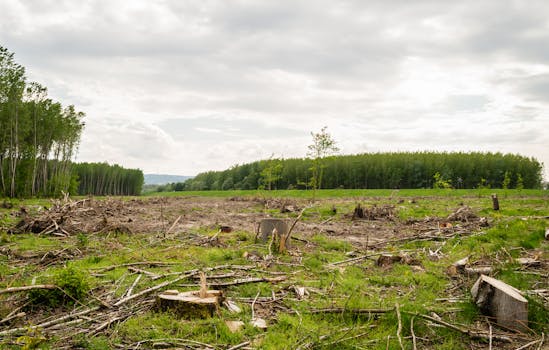
Introduction

The impact of climate change on global ecosystems has become increasingly evident as our planet experiences rising temperatures, shifting weather patterns, and extreme environmental events. This phenomenon not only affects human life but also disrupts the delicate balance of ecosystems worldwide. Understanding these impacts is crucial for developing effective strategies to mitigate climate change and protect biodiversity.
Section 1: Biodiversity Loss

One of the most significant impacts of climate change is the loss of biodiversity. Species are facing extinction at an alarming rate due to changing habitats, altered food availability, and increased disease prevalence. As temperatures rise, many species are unable to adapt quickly enough, leading to a decline in population numbers. For instance, amphibians and coral reefs are particularly vulnerable, with many species already experiencing dramatic reductions in their populations.
Section 2: Habitat Destruction

Climate change contributes to habitat destruction through phenomena such as ocean acidification, deforestation, and desertification. As ecosystems transform, the natural habitats that species depend on for survival are compromised. For example, melting ice in polar regions not only endangers species like polar bears but also affects global weather patterns. Furthermore, rising sea levels threaten coastal ecosystems, leading to the loss of mangroves and wetlands that serve as critical habitats for many species.
Section 3: Interdependence of Species

The interconnectedness of species within ecosystems means that the impact of climate change is felt across various levels of the food chain. When one species is affected, it can trigger a cascade of consequences for others. For instance, the decline of pollinators due to climate change can lead to reduced plant reproduction, which in turn affects herbivores and the predators that rely on them. This interdependence highlights the importance of preserving biodiversity to maintain ecosystem stability.
Conclusion

In conclusion, the impact of climate change on global ecosystems is profound and multifaceted, presenting significant challenges for biodiversity and the health of our planet. Addressing these issues requires global cooperation and comprehensive strategies to mitigate climate change effects. By prioritizing conservation efforts and sustainable practices, we can work towards safeguarding our ecosystems for future generations.



